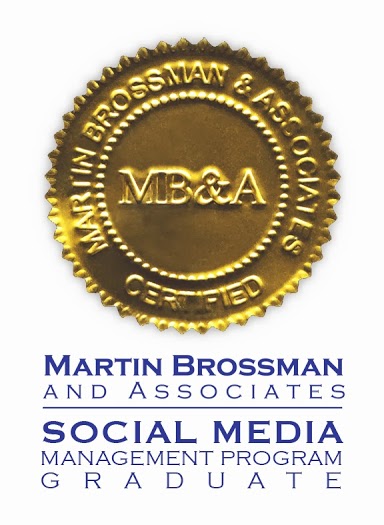When I demonstrated Pinterest for a business colleague the other day, I showed him my “Red” board. He said, “People search for “red?”
I said, “Yes.”
He said, “Why?”
I said I didn’t know, but I knew that they did.
When I got home, I realized I’d encountered a new version of the story about the drunk looking for his keys under the lamp post:
A policeman sees a drunk man searching for something under a streetlight and asks what the drunk has lost. He says he lost his keys and they both look under the streetlight together. After a few minutes the policeman asks if he is sure he lost them here, and the drunk replies, no, that he lost them in the park. The policeman asks why he is searching here, and the drunk replies, “this is where the light is.”[2]
Noam Chomsky applies this story to Science:
“Science is a bit like the joke about the drunk who is looking under a lamppost for a key that he has lost on the other side of the street, because that’s where the light is. It has no other choice.” (emphasis mine)
Internet marketing is in the same boat as science. Google provided us with a candle to light the darkness of consumer behavior. It was wonderful. It was so wonderful that we lost sight of the fact that keywords only allow us to “look under the light” of what is a useful SERP result.
 Night Sidewalk by Roy White |
That is, we have come to believe that the only content people want to search for is content that Google tells us people do search for. However, people only use Google twice for the content that displays well on a SERP. People who make art and craft have long suspected otherwise, but we had no tools to support our argument.
Etsy is selling more than $100 million / month of goods that don’t sell well in a PPC campaign.
In other words, the AdWords Keyword tool hides the fact that people might want to search for “red” because Google’s SERP cannot provide any useful results for “red.”
We look for traffic and keywords in the light from keyword tools because keyword tools are the only light we have. We build marketing plans on the basis of what Google tells us people want. But people only search IN Google for answers that Google can provide.
If we had a little more light to shed on the problem, we might discover there’s an enormous world of unmet need, a world that is not illuminated by keyword tools.
 The Lamppost by Adam Biesenthal |
Look at how much of that forest is NOT illuminated by light from that lamp in the lower right corner! Is it possible that even a little of that forest represents customer desire?
Google rots when it comes to “red.”
Once people found a way to get interesting results for “red,” they both search for and curate red.
http://pinterest.com/dwightsparks101/red/
http://pinterest.com/karentiede/reds-with-other-colors/
A quick test today shows more than 1000 boards on Pinterest with the title “red.” That doesn’t begin to display the additional boards with a different name that means “red.” People curating “red” will also be curating orange, pink, and purple as separate boards, as well as green and blue, and possibly teal (that color in between blue and green).
What does this mean to marketers?
If you are happy with the results you are getting in SEO, PPC, and the Google SERP, keep doing what you’re doing. Those results aren’t going away any time soon.
 Lamppost Dreams by Magnus Larsson |
Some people think that a more complete view of the entire universe of search may better resemble BOTH the skyscraper and the lamppost. That (figurative) search-skyscraper is only barely framed today; there is no good guide, no address listing, no directory. The elevators stop at random floors. But those problems have been solved already; simply not applied to the world of image-fueled search.
“Why would anyone search for red?” is a question that doesn’t have a good answer.
A more interesting and useful question is, “Now that I know people are searching on “red,” do my products intersect with “red” in any way that I could attract and monetize that traffic?”
NO disruptive technology has ever looked threatening to the incumbent at the beginning of its life cycle. Pinterest shows every sign of being a potentially successful disruptive technology. People really do search for Red.





Follow Us!